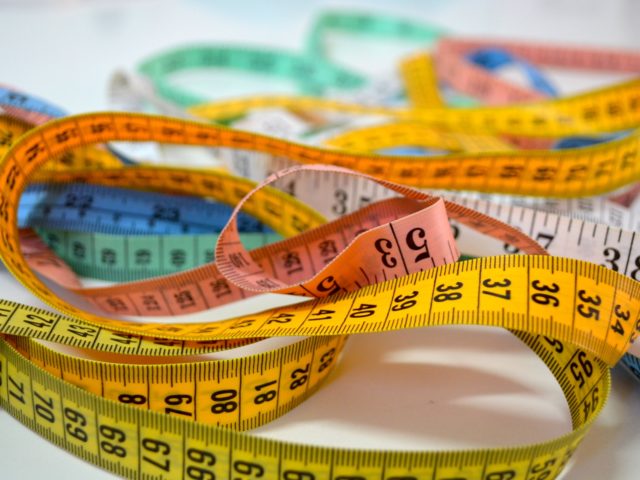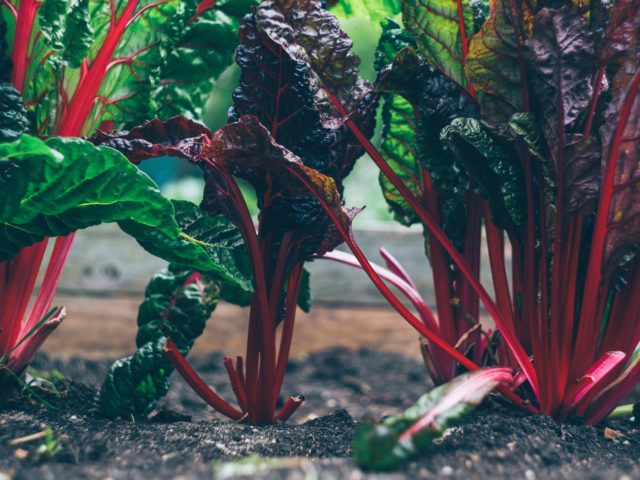
health, nutrition, self care, therapy, Uncategorized, weight, wellness
Why losing weight is so hard and gaining weight is so easy.
You just enjoyed the holidays and come to find out that you gained 5 pounds. In your disbelief, you quickly curse the Weight Gods for being so cruel. Sound familiar? This was me the last couple of months. A little cookie baking, eating the holiday yummies, packed it on quick. This inspired me to discuss the seemingly unbalanced equation of weight gain vs. weight loss, the facts that surround the issue and how losing the 5 pounds feels so much harder than gaining them:
FACT 1 – It is Simple Math: To maintain your ideal weight, you need to eat as many calories as you burn in one day. The balanced equation looks like this:
Calories Eaten = Basal Metabolic Rate + Physical Activity
If what you eat equals more than what your body uses, you will gain weight. In the situation of a holiday, it is likely that you eat more unhealthy food than normal and possibly get less exercise, resulting in an imbalanced equation, with a higher number of calories on the eaten side than on the burned side. That imbalance over the course of a few days can easily represent a few pounds.
FACT 2 – A Pound is a Pound is a Pound: One pound of body mass represents 3,500 calories. Regardless, if you are trying to lose a pound or gain a pound, the pound will always represent 3,500 calories. So, if you eat 3,500 calories more than your body requires, you will gain 1 pound. Similarly, if you eat 3,500 calories less than your body requires, you will lose 1 pound.
FACT 3 – Exercise is Weight Discriminating: Whether you are 120 pounds or 175 pounds, you will gain one pound from eating 3,500 calories more than you need. Unfortunately, this doesn’t hold true for burning calories. How much you weigh actually dictates how many calories you burn per hour. The more you weigh, the more you burn, and as a result, the easier it is to lose the pound…sound crazy? It is true.
FACT 4 – Aging Contributes to Weight Gain: As if aging doesn’t contribute enough to unfavorable things, it also contributes to weight gain. As we get older, our metabolism slows down, requiring us to need less food and calories. If you don’t modify your caloric intake as you get older to reflect this change in metabolism, you will start to see weight gain.
The Bad News: Unfortunately, eating an extra couple of unhealthy snacks or drinking a few extra glasses of wine can happen in a blink of an eye. However, the time and energy required to burn off those calories takes a lot more effort. We have provided a chart on what 1,000 calories looks like on both sides in the chart below (remember, it is 3,500 calories that make up a pound).
The Good News: Whether it is rapid or slow weight gain that you have experienced, losing the extra weight can be tackled through two avenues (and should be): calorie reduction and exercise. Choosing to lose weight through both calorie reduction and exercise will accelerate the process. If for seven days you burn 200 extra calories through exercise and reduce your food intake by 300 calories each day, you will lose that extra pound. Further, it is a lot easier than trying to either reduce your caloric intake by 3,500 calories (which is physically impossible) or burning an extra 3,500 calories during exercise (which takes a ridiculous amount of time and energy).
What you Can Do: Assess whether your weight gain was a rapid gain due to atypical behavior (E.g., vacationing) or a longer-term gain. If it was a rapid gain, there is a good chance you will lose the weight by returning to your normal habits. You might have to be a little strict for a day or two, but you shouldn’t feel like a major overhaul is in order. If, however, you have gained the weight over a period of time, assess your habits and think about what has changed in your life. Have you stopped exercising? Have you let your eating habits go? Have you hit a milestone birthday? Once you can assess the reality of your situation, remember the equation: to maintain balance, burn the calories you eat.
ELM Mental Wellness Nutrition Counseling is in depth and lifelong. It begins with multiple assessments including family history of eating patterns and health risk, habits-routines-rituals, emotional connection with food. Changing our dietary patterns is grueling. I help clients with meal planning and shopping, self monitoring, goal setting, stimulus control, problem solving, cognitive restructuring, and relapse prevention to move toward a state of lifetime optimal health.





